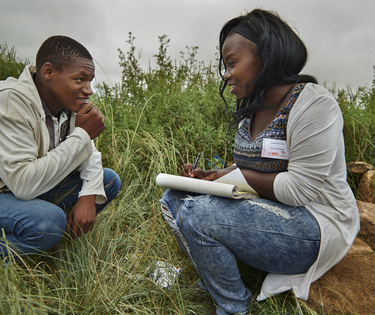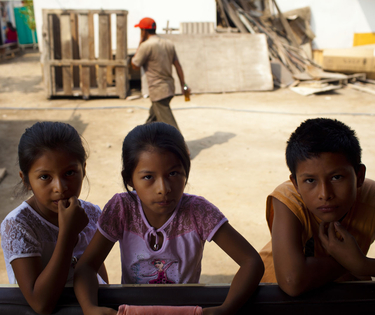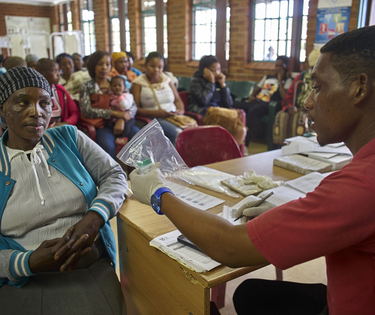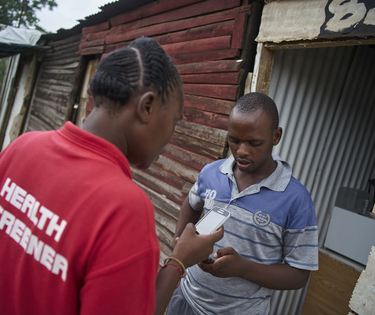TB thrives in complex social conditions where communities are affected by structural inequities that impact their access to diagnosis, treatment and care. Many studies on health inequities have focused on HIV rather than TB and as a result, we there is no substantial data for TB.
The Stop TB Partnership has worked with partners to create three tools to bridge the data gap and ensure that human rights and gender issues are addressed, especially in vulnerable populations:
- Legal Environment Assessment (LEA) Tool
- Gender Assessment Tool
- Key, Vulnerable and the Most Underserved Populations Assessment Tool.
Designed for implementers and national programs, these tools provide a current and improved perspective to support the review of national policies and practices.





